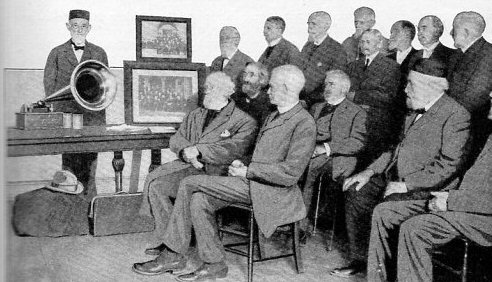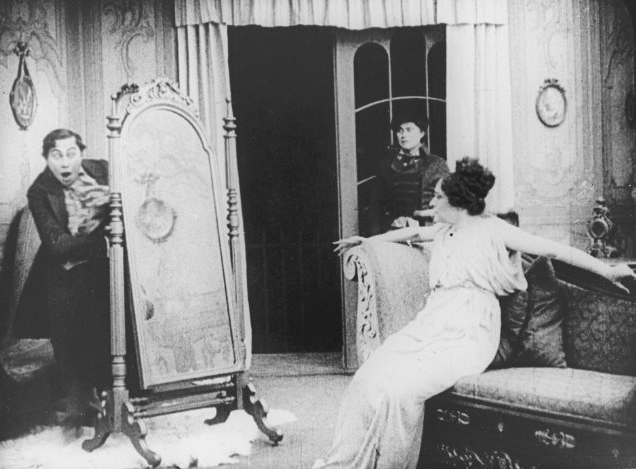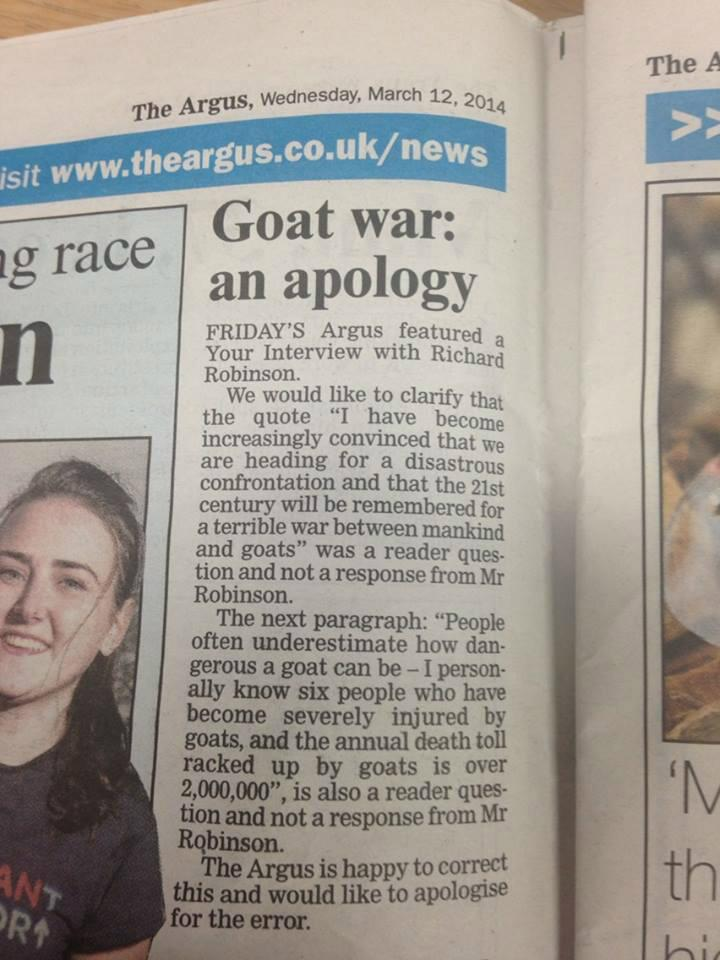In his latest Dabbler Diary, Brit gives an account of a thrilling event he attended last week:
To Bristol Grammar School, to hear Frank Key address a Sixth Form Literary Society! You didn’t expect that either, did you? It was arranged by the inestimable Roland Clare, editor of By Aerostat to Hooting Yard, who introduced Frank with a comprehensive, lavishly illustrated and frequently hilarious lecture on nonsense. I have to say, though, that for all the amusement afforded by the surrealists, the dada-ists, John Lennon, the Bonzo Dog Doo-Dah band and others, none of the nonsensarians are nearly so funny as Frank Key reading his own material. The only ones who come close are Ivor Cutler and the Bible.
Frank warmed up his unsuspecting young audience with Little Dagobert and the Binder Symphonies, at which there was much baffled tittering, then battered them mercilessly into submission with How to Think of Things Other Than Juggling, which contains the longest sentence he has ever written. It’s quite a thing, listening to a really, really long sentence being read aloud. One goes through a full range of emotions, from hilarity to despair and back again. It’s a journey. I could see some of the sixth formers seriously struggling at the midway point. “At least it’s not Neil Kinnock,” I wanted to say to them. But, as all things must, the sentence did at last pass, and Frank took pity on his audience and finished with a corker.
Afterwards I mingled with some of the pupils and assorted guests, including some of Bristol’s most thrusting young eccentrics and, quite unexpectedly, the well-known philosopher Julian Baggini. A youthful poet with a curly black moptop analysed Frank’s long sentence with admirable seriousness, praising its hypnotic effect. When all had dispersed, Roland and Frank and I stood around and surveyed the buffet leftovers. How deeply moving it was to watch the penniless authors methodically consume the free sandwiches.
I cannot speak for Roland, but as far as I recall I ate only a single sandwich.




